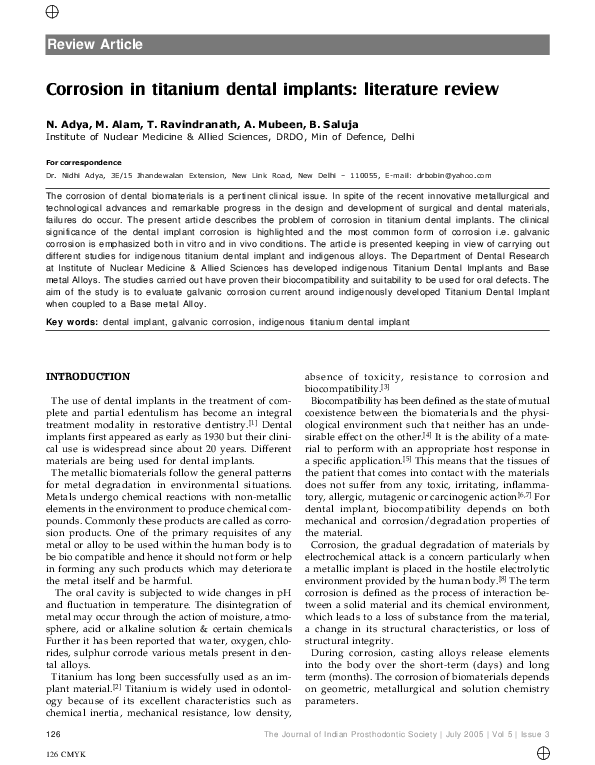Toothache: Cold Symptoms Relief

A toothache can be a debilitating experience, making everyday activities like eating, drinking, and even sleeping a painful ordeal. While toothaches are typically associated with dental issues, some people may experience toothache-like symptoms when they have a cold. This phenomenon can be confusing, especially when the pain seems to emanate from the teeth or jaw area. In this article, we’ll delve into the relationship between toothaches and cold symptoms, exploring the possible causes, relief options, and preventive measures to help you manage this discomfort.
Understanding Toothaches and Cold Symptoms
Toothaches are usually a sign of an underlying dental problem, such as a cavity, gum disease, or an abscess. However, during a cold, the sinus pressure and congestion can radiate pain to the teeth and jaw, mimicking a toothache. This is because the sinuses are located close to the teeth and jawbone, and when they become inflamed, the pressure can cause referred pain.
Sinus Pressure and Toothache
The maxillary sinuses, located in the cheekbones, are the most likely to cause toothache-like symptoms during a cold. When these sinuses become congested, the pressure can build up and radiate to the upper teeth, causing pain and discomfort. This type of pain is often described as a dull ache or pressure, and it can be exacerbated by bending, lifting, or even chewing.
Relief Options for Toothache-Like Symptoms During a Cold
While the pain may feel like a toothache, it’s essential to address the underlying cause – the cold. Here are some relief options to help alleviate toothache-like symptoms during a cold:
- Over-the-counter pain relievers: Medications like acetaminophen or ibuprofen can help reduce pain and inflammation. However, always follow the recommended dosage and consult your doctor before taking any medication.
- Decongestants: Decongestants like pseudoephedrine or phenylephrine can help relieve sinus pressure and congestion, which may alleviate toothache-like symptoms.
- Humidifiers: Dry air can exacerbate sinus congestion, so using a humidifier can help add moisture to the air and relieve sinus pressure.
- Warm compresses: Applying a warm compress to the affected area can help loosen mucus and reduce pain.
- Saline nasal sprays: Saline nasal sprays can help moisturize the nasal passages and sinuses, reducing congestion and inflammation.
Preventive Measures
While it’s impossible to completely prevent toothaches or colds, there are some preventive measures you can take to reduce the risk of experiencing toothache-like symptoms during a cold:
- Practice good oral hygiene: Regular brushing, flossing, and dental check-ups can help prevent dental problems that may manifest as toothaches.
- Stay hydrated: Drinking plenty of fluids can help thin out mucus and reduce sinus congestion.
- Use a neti pot: Rinsing your nasal passages with a saline solution can help clear out mucus and debris, reducing the risk of sinus infections.
- Get enough rest: Getting plenty of rest can help your body fight off the cold virus and reduce the severity of symptoms.
FAQ Section
Can a cold really cause toothache-like symptoms?
+Yes, a cold can cause toothache-like symptoms due to sinus pressure and congestion. The sinuses are located close to the teeth and jawbone, and when they become inflamed, the pressure can cause referred pain.
How can I differentiate between a toothache and toothache-like symptoms during a cold?
+
Can I use antibiotics to treat toothache-like symptoms during a cold?
+Antibiotics are not effective against viral infections like the common cold. If your toothache-like symptoms are caused by a cold, antibiotics will not provide relief. However, if you have a bacterial infection, such as a sinus infection, your doctor may prescribe antibiotics to treat the underlying infection.
Conclusion
Toothache-like symptoms during a cold can be uncomfortable and confusing. However, by understanding the relationship between sinus pressure and toothache-like symptoms, you can take steps to alleviate the discomfort. Remember to practice good oral hygiene, stay hydrated, and use preventive measures like humidifiers and saline nasal sprays to reduce the risk of experiencing toothache-like symptoms during a cold. If you’re unsure about the cause of your symptoms or if they persist, it’s always best to consult a healthcare professional for proper diagnosis and treatment.

